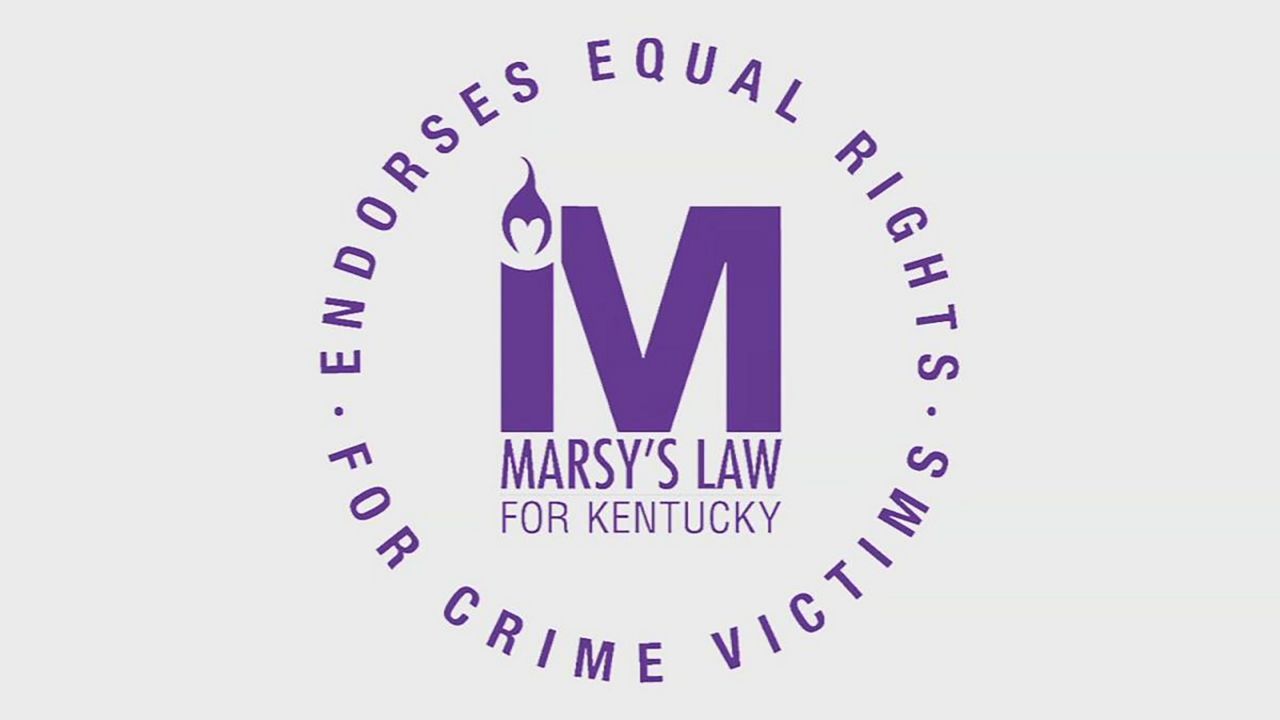LOUISVILLE, Ky- Even though industrial hemp is now legal, the industry isn’t out of the weeds yet.
As with any new industry--producers and sellers are facing challenges moving the product across state lines, and getting credit for their crops.
Senate Majority Leader Mitch McConnell,R-Kentucky, United States Agriculture Secretary Sonny Perdue and Kentucky Agriculture Commissioner Ryan Quarles,R-Kentucky, hosted a series of roundtables today in Louisville and Lexington to hear concerns from those in the burgeoning industry.
Some of the challenges include things like logistics, material transportation, analytical testing standards, and changing the drug classification of the plant on a federal level.
“The DEA considers marijuana extracts a Schedule 1 narcotic and within that definition is all the products we make from hemp,” said John Taylor, COO of Commonwealth Extracts. “I think it’s a misstatement on their part because laws change and I think they are still reacting to the pre-farm bill language, so we are hoping to have Leader McConnell make that happen.”
Commonwealth Extracts hosted the roundtable at his company which specializes in extracting CBD. Taylor says McConnell took a special interest in changing the drug classification of marijuana extracts.
“He obviously agreed that was not right, and he made a note that he was going to reach out to the Department of Justice and see about getting that corrected,” Taylor said. “So I’m very optimistic.”
Another issue for farmers is crop insurance. U.S. Agriculture Secretary Sonny Perdue says it will still take some time before they are able to insure hemp, in part because they still aren’t sure what the production of the crop will be.
“What we’ll have for 2020 is called a whole revenue farm policy and that’s typically done on specialty crops or crops where you can’t insure a crop itself but have a whole farm revenue policy there,” Perdue said. “Hopefully we can demonstrate and do the data from what is an actuarially sound, what should a good crop produce, and what should it cost to ensure that, so we’ll have more specific products for hemp.”
A certain amount of confusion still surrounds the industry with consumers and producers. Kentucky Agriculture Commissioner Ryan Quarles says this is in part because of the growing pains of a new industry.
“We need the FDA to be a constructive partner with giving us guidance which direction they are going to point their compass with this crop,” Quarles said. “There is a lack of product standards; I think consumers would welcome a transparency and a product standard framework as well.”
Quarles says he is anticipating the USDA providing guidance for the 2020 growing season to help Kentucky revamp their hemp program.
The economic impact the crop will have on Kentucky still remains to be seen, Quarles says we won’t know until the end of the 2019 growing year.
“We do know, there are 500 new jobs in Kentucky that exist today that didn’t exist just a few years ago because we chose to lead,” Quarles said. “Although we don’t have as much hard data to share with you at this point, we do know that the opportunity is somewhat boundless right now.”
“We’ve now got some hemp activity in 101 of 120 counties, so I think that shows you there is a lot of interest, we do not know if this will be next tobacco or not,” Senator McConnell added. “But whole lot of interest, and as the Secretary pointed out, we’re in the lead here.”
Industrial Hemp became legal in the 2018 Farm Bill.









